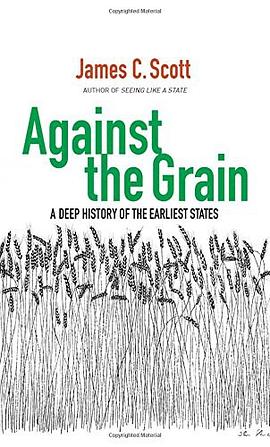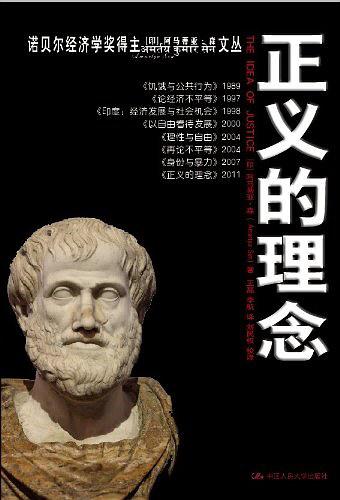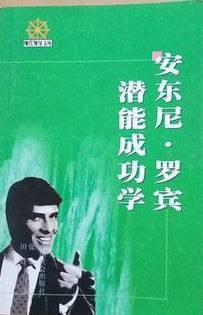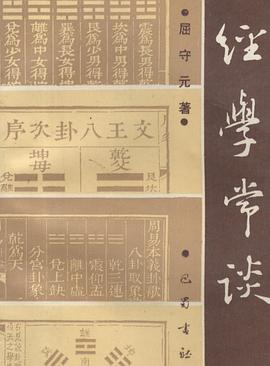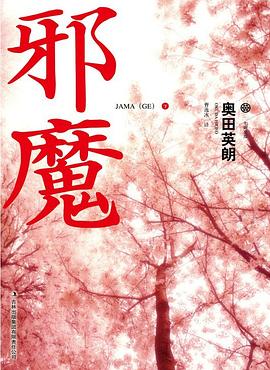Against the Grain
内容简介
Why did humans abandon hunting and gathering for sedentary communities dependent on livestock and cereal grains, and governed by precursors of today’s states? Most people believe that plant and animal domestication allowed humans, finally, to settle down and form agricultural villages, towns, and states, which made possible civilization, law, public order, and a presumably secure way of living. But archaeological and historical evidence challenges this narrative. The first agrarian states, says James C. Scott, were born of accumulations of domestications: first fire, then plants, livestock, subjects of the state, captives, and finally women in the patriarchal family—all of which can be viewed as a way of gaining control over reproduction.
Scott explores why we avoided sedentism and plow agriculture, the advantages of mobile subsistence, the unforeseeable disease epidemics arising from crowding plants, animals, and grain, and why all early states are based on millets and cereal grains and unfree labor. He also discusses the “barbarians” who long evaded state control, as a way of understanding continuing tension between states and nonsubject peoples.
......(更多)
作者简介
作者簡介
詹姆斯.斯科特James C. Scott
耶魯大學政治學的斯特林教授以及土地研究計畫的共同主持人。重要作品有:《國家的視角》(Seeing Like a State)、《弱者的武器》(Weapons of the Weak)、《不受統治的藝術》(The art of not being governed)。
譯者簡介
翁德明
巴黎第四大學法國文學博士。重要著作有《古法文武勛之歌〔昂密與昂密勒〕的語文學評注》、《中世紀法文音韻的源頭與流變:以第九至第十五世紀之文學文本為例》。
重要譯作有米蘭•昆德拉《玩笑》、《被背叛的遺囑》、《簾幕》;安伯托•艾可《昨日之島》、《艾可談文學》、《倒退的年代:跟著大師艾可看世界》;《聖尼古拉的把戲與皮耶爾•巴特蘭律師的笑鬧劇》、《再見吾后》、《一代妖后:潑糞刊物裡的瑪麗•安托奈特》等。
......(更多)
目录
......(更多)
读书文摘
从始至终,对于那些我们感兴趣的植物和动物,我们人类就想方设法加以干预,在更大程度上掌控它们的繁殖功能。我们会有选择地培育、保护并掠夺它们。这种观点甚至适用于早期的农业国家及其宗法控制,也即对妇女、俘虏和奴隶的人口再生产。 吉列尔莫·阿尔加兹的惊人之论可谓一针见血:“早期的近东村落驯化植物和动物。而乌鲁克的城市形态驯养的则是人类。”
......(更多)
